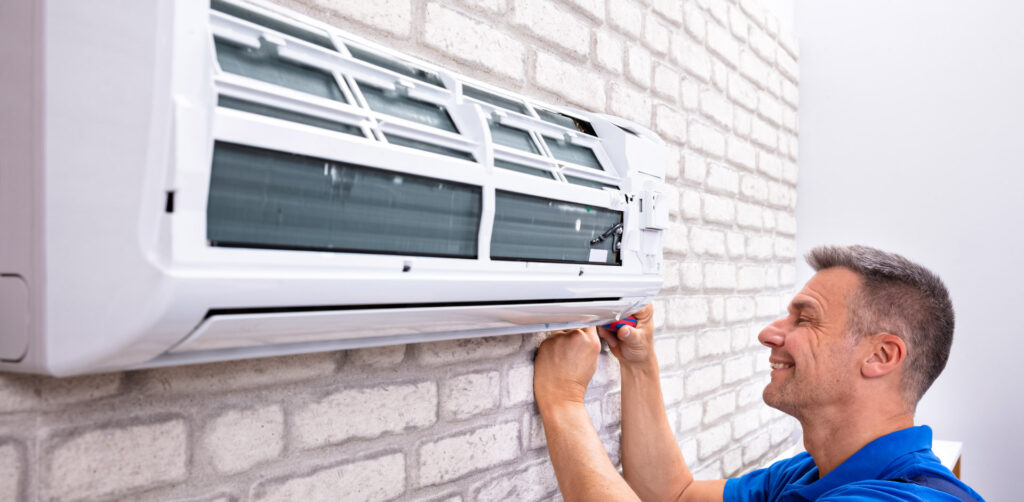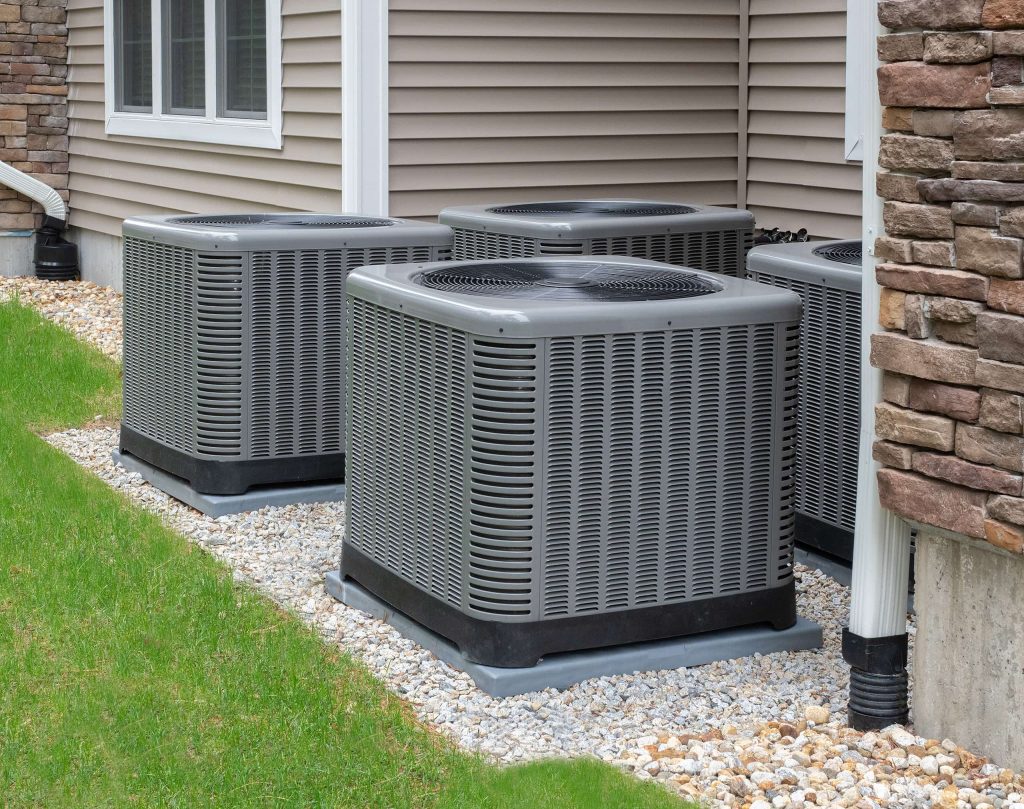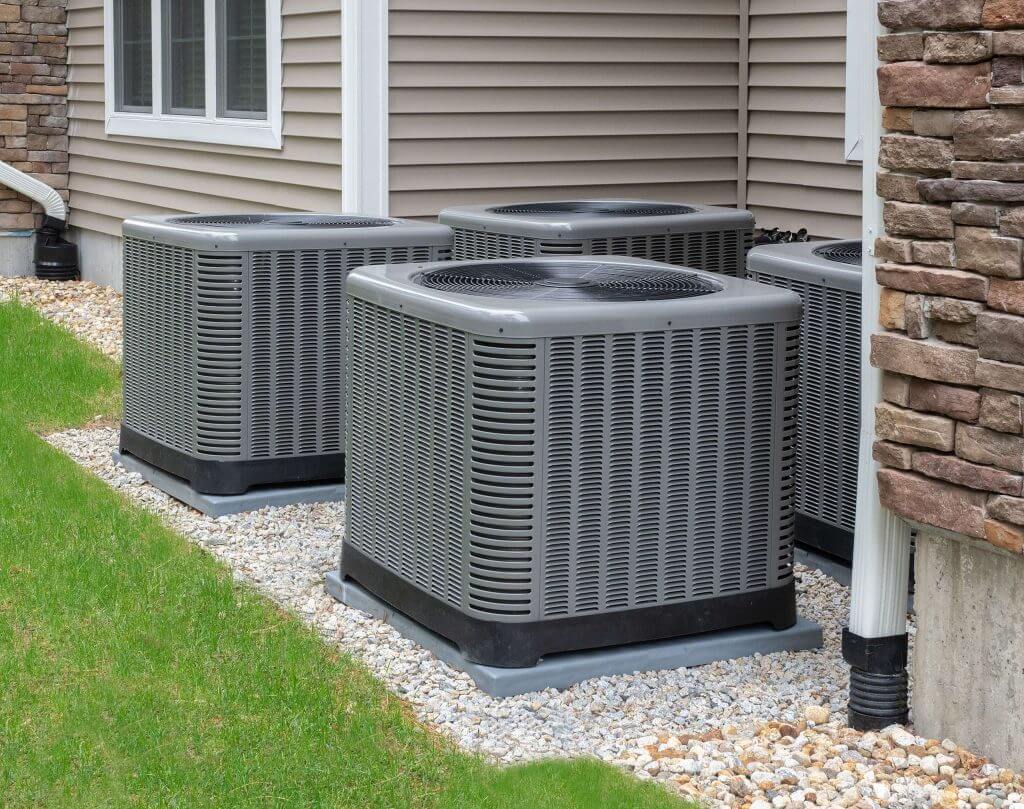The Benefits Of Upgrading To A High-Efficiency Hvac System
The modern home is a complex network of interdependent systems, all working together to create an ideal environment for occupants. One of the most important components in this puzzle is the HVAC system: heating, ventilation, and air conditioning.
In many homes, traditional HVAC systems are inefficient at best; however, upgrading to a high-efficiency model can have numerous benefits for both your comfort and your budget.
This article will explore how making the switch can lead to improved energy efficiency as well as enhanced indoor air quality.
Lower Energy Bills
Upgrading to a high-efficiency HVAC system can result in significant savings on energy bills. This is due to the improved insulation of the system, which helps reduce air loss and keeps conditioned air from escaping through walls or ceilings.
The better insulation also provides better temperature control within the home, meaning less energy needs to be expended for cooling or heating over extended periods.
The other major benefit of upgrading to an HVAC system with higher efficiency is its longer lifetime. An efficient unit will require fewer repairs and maintenance than one that isn’t as optimized, leading to greater cost savings in itself by preventing expensive repair bills.

More Consistent Temperature
A high-efficiency HVAC system can provide several benefits for those looking to upgrade their existing solutions. Homeowners may find that one of the most attractive aspects is a more consistent temperature in all areas throughout the home or building.
This can be accomplished through regular maintenance, which involves checking and replacing components as needed in order to keep systems operating at peak efficiency. With this kind of attention, there are fewer fluctuations in temperatures due to worn-out parts or poor insulation, meaning greater comfort and energy savings year-round.
Additionally, when coupled with smart thermostats designed to regulate energy usage during peak times, these systems also help reduce monthly utility bills by using less electricity or gas.
Reduced Environmental Impact
In addition to the advantages of a more consistent temperature, an upgraded high-efficiency HVAC system also offers considerable environmental benefits.
The reduced emissions from such systems significantly decrease their carbon footprint and help reduce air pollution in urban areas.
Furthermore, as these systems are designed to be more energy efficient, they consume less electricity than traditional models; thus reducing water usage by requiring fewer resources for cooling and heating operations.
By doing so, an upgraded HVAC system can not only lead to reduced utility bills but also contribute towards conserving natural resources.
The improved quality of the indoor environment provided by high-efficiency HVAC systems is another major benefit that should not be overlooked.
These systems use advanced technology to monitor and adjust temperatures according to specific requirements, resulting in better air circulation throughout a building or home and improved living conditions for occupants.
Improved Air Quality
Upgrading to a high-efficiency HVAC system can significantly improve air quality.
The improved filtration of these systems helps reduce allergens, bacteria, and other harmful particles from circulating through the home.
This also means that occupants are breathing in cleaner air than before, which can lead to fewer respiratory problems or illnesses due to airborne contaminants.
An additional benefit is that with regular maintenance for the new system, it will have a longer life expectancy overall compared to older models.
Longer-lasting HVAC systems mean less frequent repairs and replacements over time, leading to cost savings in the future.
Quieter Operation
High efficiency HVAC systems offer a number of benefits, including reduced noise. This can be particularly advantageous for those living in densely populated areas where ambient sound levels are already high.
The installation of an efficient system can help to reduce the amount of noise coming from within the home and improve comfort levels by creating a quieter atmosphere. The technology used in modern high-efficiency HVAC systems is designed to minimize operational noise and vibration, resulting in less disruption during operation.
Additionally, many models come with acoustic insulation that further reduces unwanted sounds produced by the system itself. As such, upgrading to a high-efficiency HVAC system can not only create a more comfortable indoor environment but also provide peace of mind knowing that outside noises will no longer interrupt your daily activities or sleep patterns.

Enhanced Durability
One of the key advantages of upgrading to a high-efficiency HVAC system is enhanced durability. This means that with regular maintenance, consumers can expect their unit to have an extended lifespan compared to systems which are less efficient and require more frequent repairs or replacement.
The improved reliability provided by higher efficiency units saves homeowners from having to invest in costly replacements due to premature breakdowns. The savings on repair costs also extends beyond just the cost of replacing parts; it also reduces downtime caused by unexpected malfunctions.
With fewer necessary repairs, there is less time wasted waiting for service calls, as well as lower energy bills associated with inefficient operation when the system needs servicing. In addition, with fewer components needing repairs in comparison to other HVAC models, users will experience improved air quality since they won’t be dealing with clogged filters or dirty coils as often.
All these benefits come together to create an overall better experience while using a high-efficiency HVAC system.
Increased Home Value
Replacing an old HVAC system with a high-efficiency one can increase the value of a home.
The improved safety and enhanced comfort associated with this upgrade will be attractive to potential buyers when it comes time to sell.
Potential buyers appreciate that they are investing in something reliable, safe, and efficient; all features that come standard with most modern systems.
Not only do these new technologies enhance productivity, but they also help reduce energy costs over time which makes them even more appealing.
Homeowners who decide to upgrade their heating and cooling systems stand to benefit from increased home value as well as long-term savings on utility bills.
When coupled with improvements made in other areas of the house, such upgrades can give homeowners an added advantage during negotiations for sale or purchase price.
Moreover, prospective buyers may pay top dollar if the right components have been installed correctly and checked regularly by experienced technicians.







